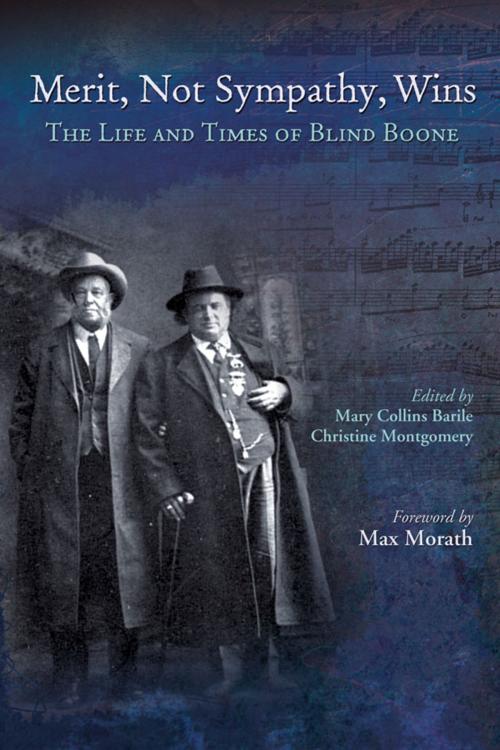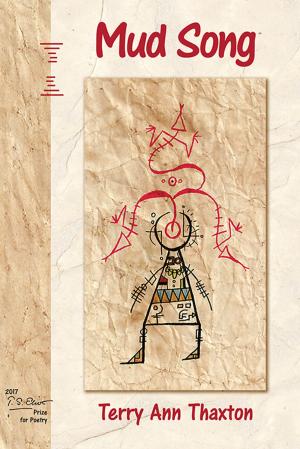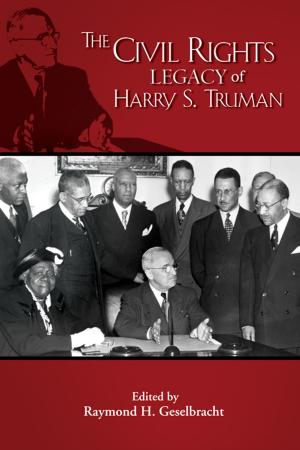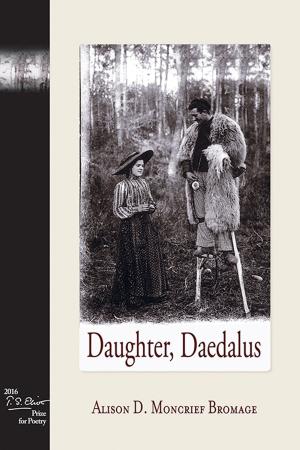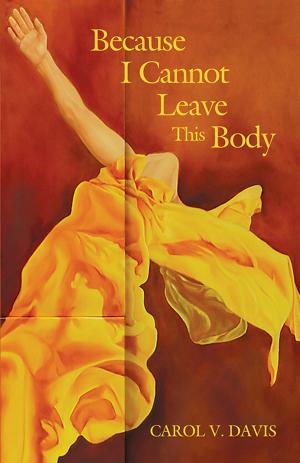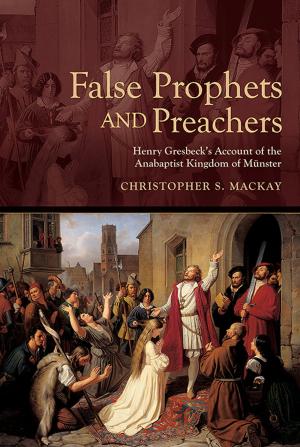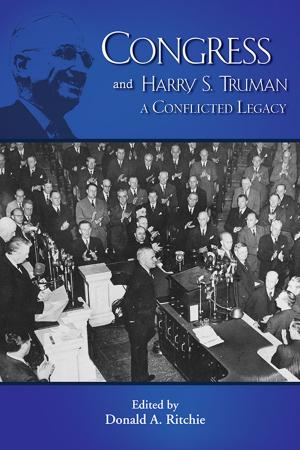Merit, Not Sympathy, Wins
The Life and Times of Blind Boone
Nonfiction, Entertainment, Music, Music Styles, Jazz & Blues, Jazz, Biography & Memoir, Composers & Musicians| Author: | ISBN: | 9781612480664 | |
| Publisher: | Truman State University Press | Publication: | June 1, 2012 |
| Imprint: | Language: | English |
| Author: | |
| ISBN: | 9781612480664 |
| Publisher: | Truman State University Press |
| Publication: | June 1, 2012 |
| Imprint: | |
| Language: | English |
In post-Reconstruction America, John William "Blind" Boone, an illiterate, itinerant musician, overcame obstacles created by disability, exploitative managers, and racial prejudice to become one of the countrys most beloved concert performers. Melissa Fuell-Cuther's out-of-print biography, Blind Boone: His Life and Achievements, relates the highlights of Boone's harrowing journey and also testifies to the struggles of many African Americans during the Jim Crow era. With the initial publication of the Boone biography in 1915, Fuell-Cuther broke ground as the first American black author to write about the life of a black musician. As a member of Boones concert company, she provided firsthand knowledge of Boone's early years, his career performing tours across the country, and perhaps most importantly, his professional and personal relationship with John Lange, whom many at the time considered the best entertainment manager, black or white, in the country. The story of Blind Boone is revitalized in this annotated edition of the biography, accompanied by essays describing the Missouri environment in which the artist lived, his place within the landscape of American music, and his achievements after publication of the second edition. Early black performers faced barriers of discrimination with perseverance, resilience, and courage to carve a path for future generations.
In post-Reconstruction America, John William "Blind" Boone, an illiterate, itinerant musician, overcame obstacles created by disability, exploitative managers, and racial prejudice to become one of the countrys most beloved concert performers. Melissa Fuell-Cuther's out-of-print biography, Blind Boone: His Life and Achievements, relates the highlights of Boone's harrowing journey and also testifies to the struggles of many African Americans during the Jim Crow era. With the initial publication of the Boone biography in 1915, Fuell-Cuther broke ground as the first American black author to write about the life of a black musician. As a member of Boones concert company, she provided firsthand knowledge of Boone's early years, his career performing tours across the country, and perhaps most importantly, his professional and personal relationship with John Lange, whom many at the time considered the best entertainment manager, black or white, in the country. The story of Blind Boone is revitalized in this annotated edition of the biography, accompanied by essays describing the Missouri environment in which the artist lived, his place within the landscape of American music, and his achievements after publication of the second edition. Early black performers faced barriers of discrimination with perseverance, resilience, and courage to carve a path for future generations.
